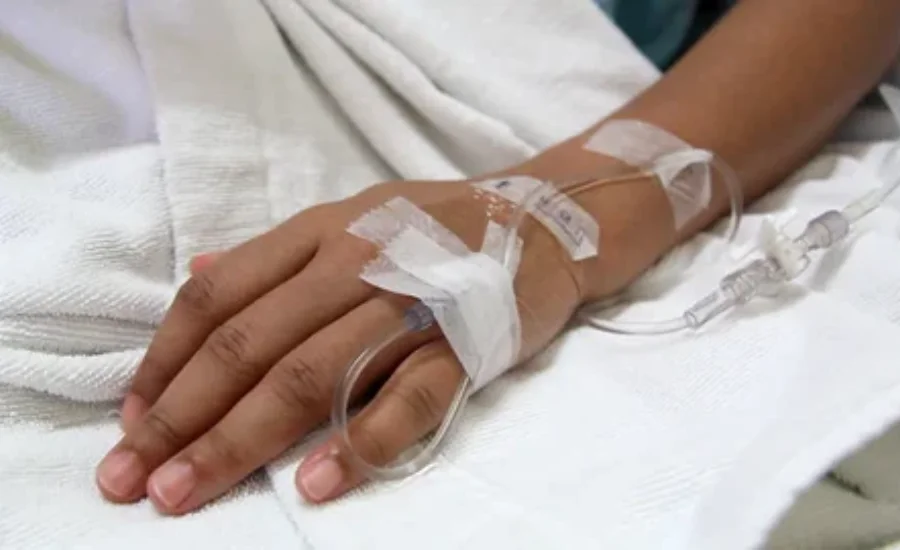Snapchat instagram hospital drip on hand real pic: Trends on social media come and go in the blink of an eye, with some fading quickly while others leave lasting impressions—both positive and negative. A particularly concerning trend has emerged on platforms like Snapchat and Instagram, involving images of individuals with hospital drips attached to their hands. At first glance, this trend may appear harmless, but it has deeper implications that are far from trivial.
This unsettling trend not only poses risks to physical health but also highlights the growing issue of people seeking attention through such alarming displays. While it seems to be gaining popularity among social media users, especially those striving for validation or engagement, it’s essential to understand the underlying motivations behind it and the potential consequences it can lead to.
Recognizing the risks associated with this kind of behavior is crucial, as it often taps into dangerous territory—both in terms of physical well-being and mental health. This trend may reflect a deeper issue regarding the pressures of online visibility and the extent to which individuals will go to gain attention in the digital world.
The Impact of Social Media on Celebrity Vulnerability
Social media has redefined the way celebrities and influencers engage with their audiences. Platforms like Instagram and Snapchat give stars the ability to share real-time updates, creating a more personal connection with fans. While this immediate interaction fosters loyalty and offers a space for genuine self-expression, it also comes with increased exposure to public scrutiny and sometimes invasive curiosity.
This dynamic was evident when an Instagram influencer shared a Snapchat story of themselves in a hospital bed, with a drip attached to their hand. What may have been intended as a brief, intimate glimpse into their personal life quickly spiraled into a viral moment. The image sparked widespread speculation, with fans demanding answers about the influencer’s health. In no time, the photo spread across multiple platforms, illustrating how swiftly personal moments can be magnified and dissected by the online community.
This instance highlights the fine line celebrities walk on social media—balancing authenticity with the potential for intense public interest, often leading to unintended consequences.
Celebrating the Life and Legacy of Natasha Mae Fester
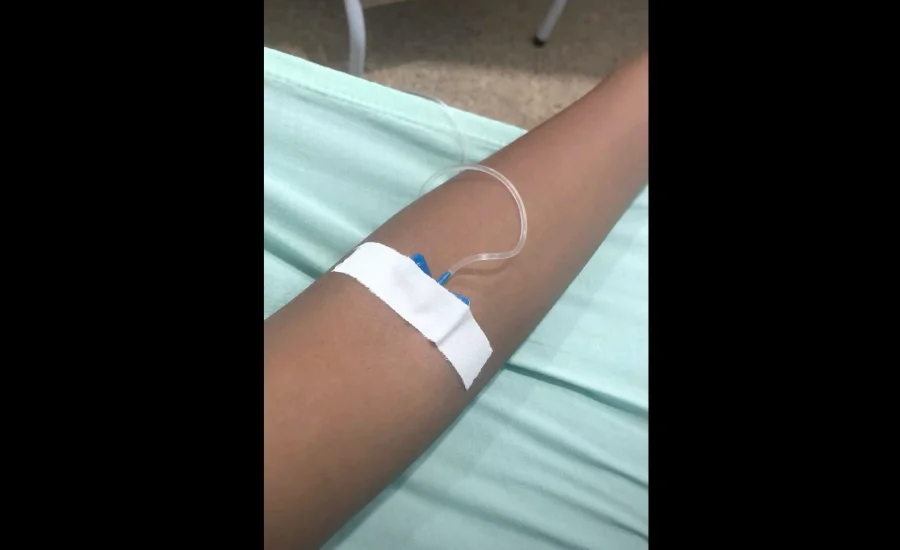
Snapchat instagram hospital drip on hand real pic: Natasha Mae Fester grew up in a loving family that nurtured her compassionate spirit from an early age. Her kindness and desire to help those in need became evident during her childhood, shaping her future career in nursing. This passion led her to pursue and earn a Bachelor’s degree in Nursing from Springfield University, where she excelled academically and developed a deep commitment to her profession.
As a Registered Nurse, Natasha was known for her exceptional skill and ability to connect with patients on a personal level. Her dedication quickly earned her the admiration of her colleagues and made her a cherished presence among the patients she cared for. Natasha’s contribution to the medical field left a lasting impact on all who had the privilege of knowing her.
The Rise of Hospital Drip Photos on Social Media
The practice of sharing personal health updates on social media is not new. Over the years, platforms like Instagram and Snapchat have become spaces where people document their health journeys—whether seeking support during a crisis, raising awareness for medical conditions, or keeping loved ones informed about their well-being. One example of this trend is the growing popularity of posting photos featuring a hospital drip on the hand.
This specific type of post has gained traction on visual platforms like Snapchat and Instagram, where users often share fleeting, real-time updates. Snapchat, with its self-erasing posts, allows users to capture and share intimate moments quickly, while Instagram’s image-sharing and story features provide a more permanent platform for documenting personal experiences. As a result, these “drip-on-hand” pictures have gone viral, continuing a long-standing trend of sharing health-related content online.
The Impact of Fan Reactions on Influencers’ Personal Lives
The response from the community was swift and overwhelming when the influencer posted about their health. Supporters flooded their social media pages with messages of encouragement, prayers, and concern. This highlights how social media can create a strong sense of community, with followers feeling personally connected to influencers they regularly interact with. However, this also places a burden on influencers, as they may feel compelled to share more personal details to meet their audience’s curiosity.
At the same time, the fanbase often serves as a source of emotional support, offering genuine care and attention, even through virtual connections. While this dynamic can provide influencers with comfort, it also raises questions about the boundaries of these relationships and the ethical responsibility influencers hold in managing their followers’ expectations.
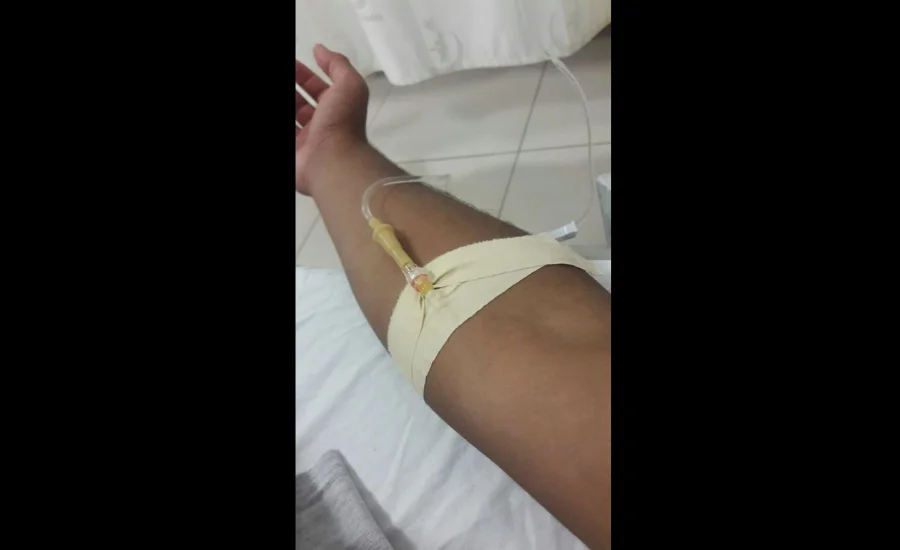
Honoring the Life and Legacy of Natasha Mae Fester
Snapchat instagram hospital drip on hand real pic: Natasha Mae Fester’s obituary highlights her unwavering dedication to the healthcare field, where she devoted over thirty years of her life. Throughout her career, she spearheaded numerous patient care initiatives, positively impacting the lives of thousands. Her commitment to excellence earned her multiple awards, solidifying her place among the most respected professionals in nursing.
Beyond her professional accomplishments, Natasha was a devoted wife to John Fester and a loving mother to their two children, Emily and Michael. Despite the demands of her career, she skillfully balanced her role as a wife and mother, showcasing her strength, resilience, and ability to excel both at work and at home.
The Privacy and Ethical Dilemmas of Sharing Health Updates Online
Posting a hospital drip photo raises critical concerns about privacy and ethics in today’s social media-driven world. For celebrities and influencers, the line between what is private and what is public can become increasingly blurred. Sharing personal health issues may open the door to unsolicited advice, criticism, and potential privacy violations. Once such content is shared, it becomes part of the digital space indefinitely, making it nearly impossible to retract.
This practice also highlights the complexities of sharing health information on social platforms. While some believe that sharing these moments can help reduce stigma around medical conditions and treatments, others argue that it risks turning deeply personal experiences into content for engagement, often blending authenticity with calculated public relations.
The Psychological Strain of Constant Online Visibility for Influencers
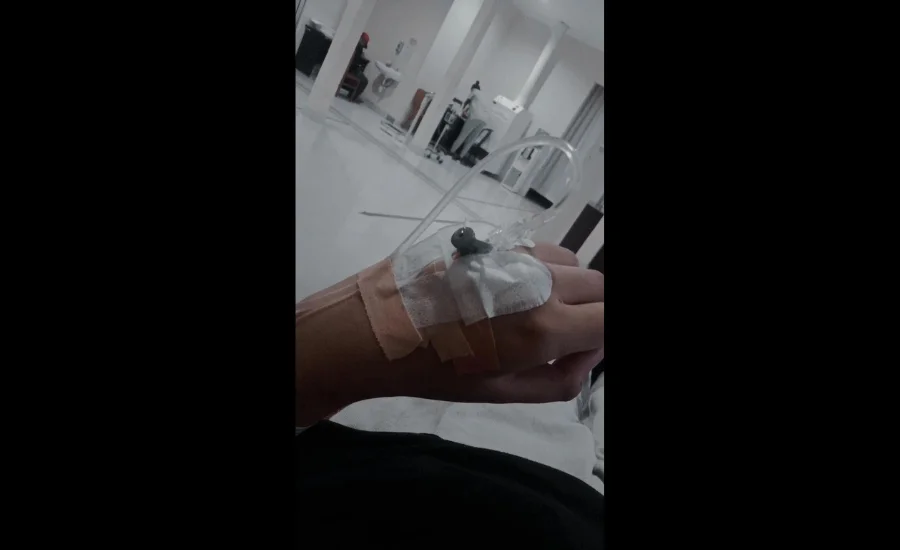
The pressure to maintain a public image and continuously engage with fans can take a serious psychological toll on influencers. The need to share even the most personal moments can lead to stress, anxiety, and the overwhelming sense of never being able to fully disconnect. The hospital photo incident serves as a clear example of how influencers are under constant scrutiny, with their actions quickly analyzed and debated online.
Additionally, influencers often feel obligated to uphold a narrative that fits their brand, sometimes at the expense of their own health. The reaction to the hospital photo likely intensified the stress for the influencer, who was forced to manage public perception while also dealing with a potentially serious personal health issue.
Natasha Mae Fester: A Legacy of Compassion and Community Service
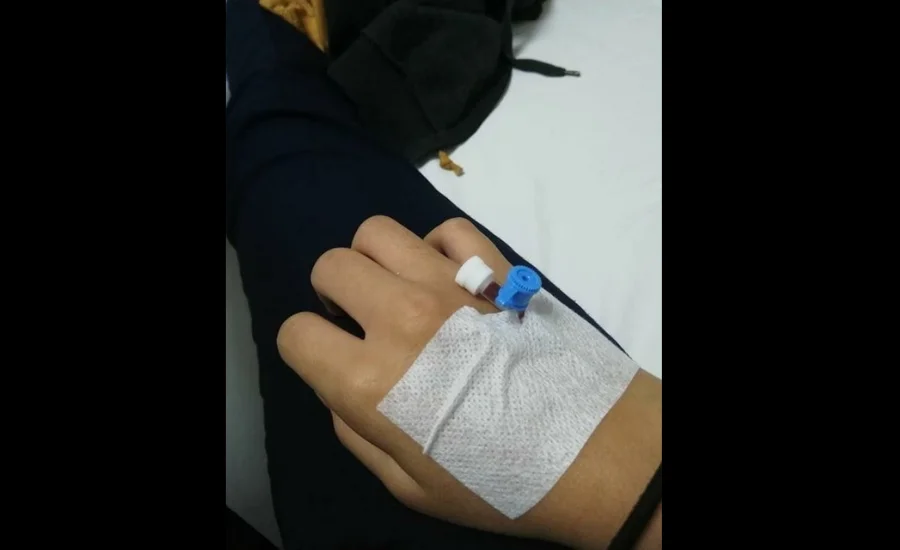
Snapchat instagram hospital drip on hand real pic, Natasha Mae Fester’s dedication to community service was a cornerstone of her life. Whether working in shelters, raising funds, or leading outreach programs, she approached each act of service with enthusiasm and care. Her contributions left a lasting impact, touching countless lives and inspiring others to follow in her footsteps.
As we reflect on Natasha’s life, her legacy of kindness serves as a powerful reminder of the difference one person can make. Her story continues to inspire future generations of nurses and community members, encouraging them to create positive change in their own lives and the world around them.
Also Read: Simana Jaya Ghadi Diri Les Cours Wela Try
Final Words
The trend of posting Snapchat Instagram hospital drip on hand real pic highlights a complex intersection of social media culture, personal health, and public attention. While initially appearing as a harmless way to share personal health updates, these images often reveal deeper issues related to online validation and privacy concerns. The popularity of such posts underscores a troubling aspect of modern social media dynamics—where individuals may seek attention through alarming displays. This behavior can have significant consequences, affecting both physical and mental health. The case of Natasha Mae Fester, a respected nurse and community advocate, serves as a poignant reminder of the importance of balancing personal privacy with public visibility. Her legacy of compassion contrasts sharply with the often superficial motivations behind the viral trend, offering a more meaningful perspective on the role of personal authenticity in the digital age.
FAQs
1. What is the Snapchat Instagram hospital drip trend?
This trend involves users posting photos on Snapchat and Instagram featuring hospital drips attached to their hands, often as a way to document health updates or seek attention.
2. Why are people posting hospital drip photos on social media?
Some individuals post hospital drip photos for various reasons, including raising awareness about medical conditions, seeking sympathy or support, or simply engaging their followers with intimate, real-time updates.
3. Is posting hospital drip photos harmful?
While not directly harmful, posting such photos can raise privacy concerns and may encourage attention-seeking behavior. It also exposes individuals to public scrutiny and unsolicited advice.
4. What are the ethical issues surrounding this trend?
Sharing personal health information online raises ethical questions about privacy, boundaries, and the potential exploitation of sensitive moments for social media engagement.
5. How does this trend affect influencers and celebrities?
Influencers and celebrities may feel pressure to share personal health updates due to public demand, which can lead to stress, anxiety, and the challenge of managing both personal health and public perception.
6. What impact does this trend have on mental health?
Constantly seeking validation through attention-grabbing posts, such as hospital drip photos, can negatively affect mental health, leading to stress, anxiety, and a sense of being overexposed.
7. How does the trend relate to the legacy of Natasha Mae Fester?
Natasha Mae Fester’s life of compassion and community service offers a sharp contrast to the trend, emphasizing the value of meaningful connections over superficial social media interactions.
8. Are there privacy risks associated with sharing hospital drip photos?
Yes, once shared online, personal health information can remain in the digital space indefinitely, leaving individuals vulnerable to privacy violations and unsolicited attention.
9. How has social media influenced health-related content?
Social media platforms like Snapchat and Instagram have become popular spaces for sharing health journeys, but they can blur the lines between genuine support and sensationalized content.
10. What should influencers consider before posting personal health updates?
Influencers should carefully weigh the potential consequences of sharing personal health moments, considering privacy, mental health, and their followers’ expectations.
The journey doesn’t end here. Visit Incredible Wave.

